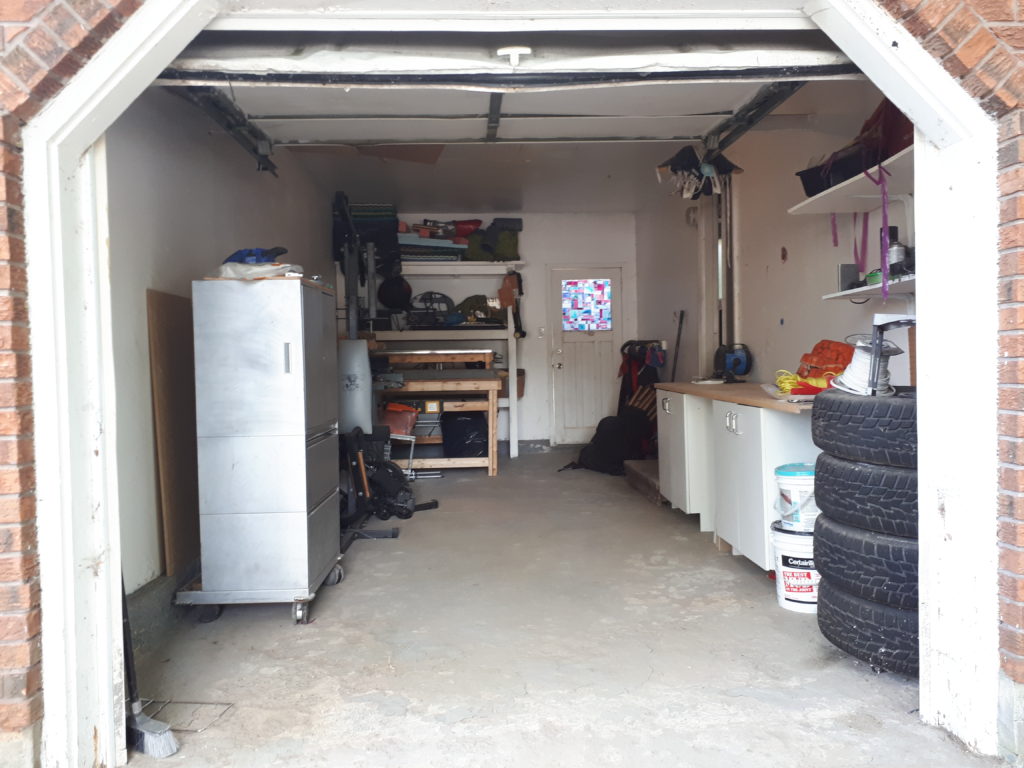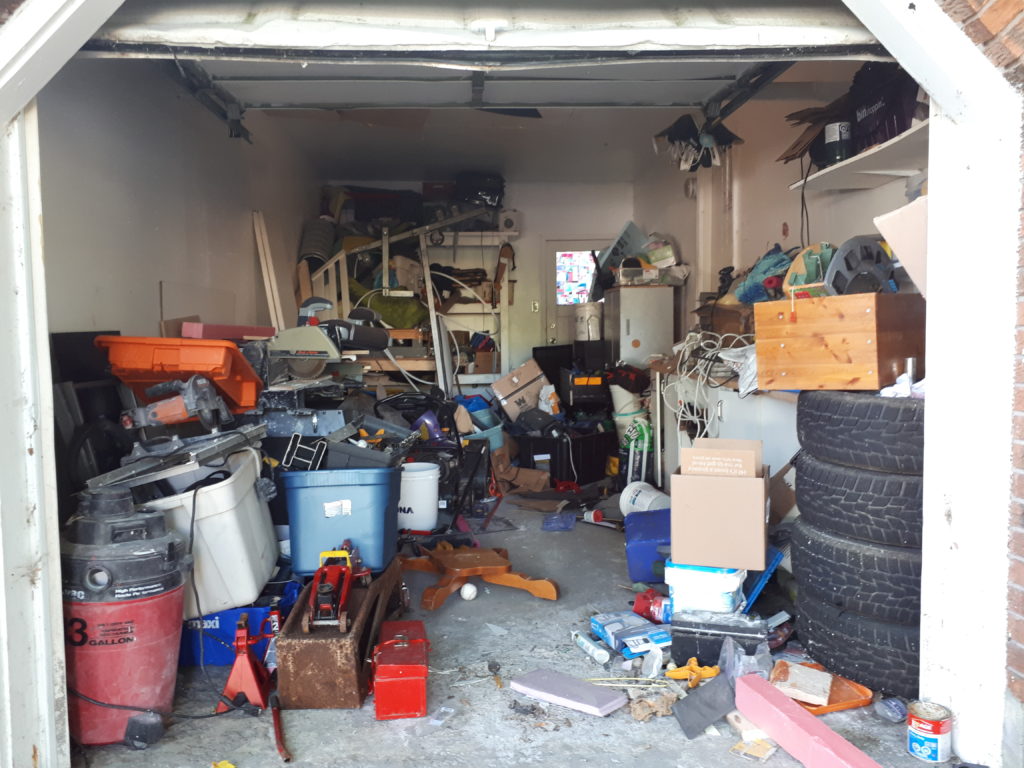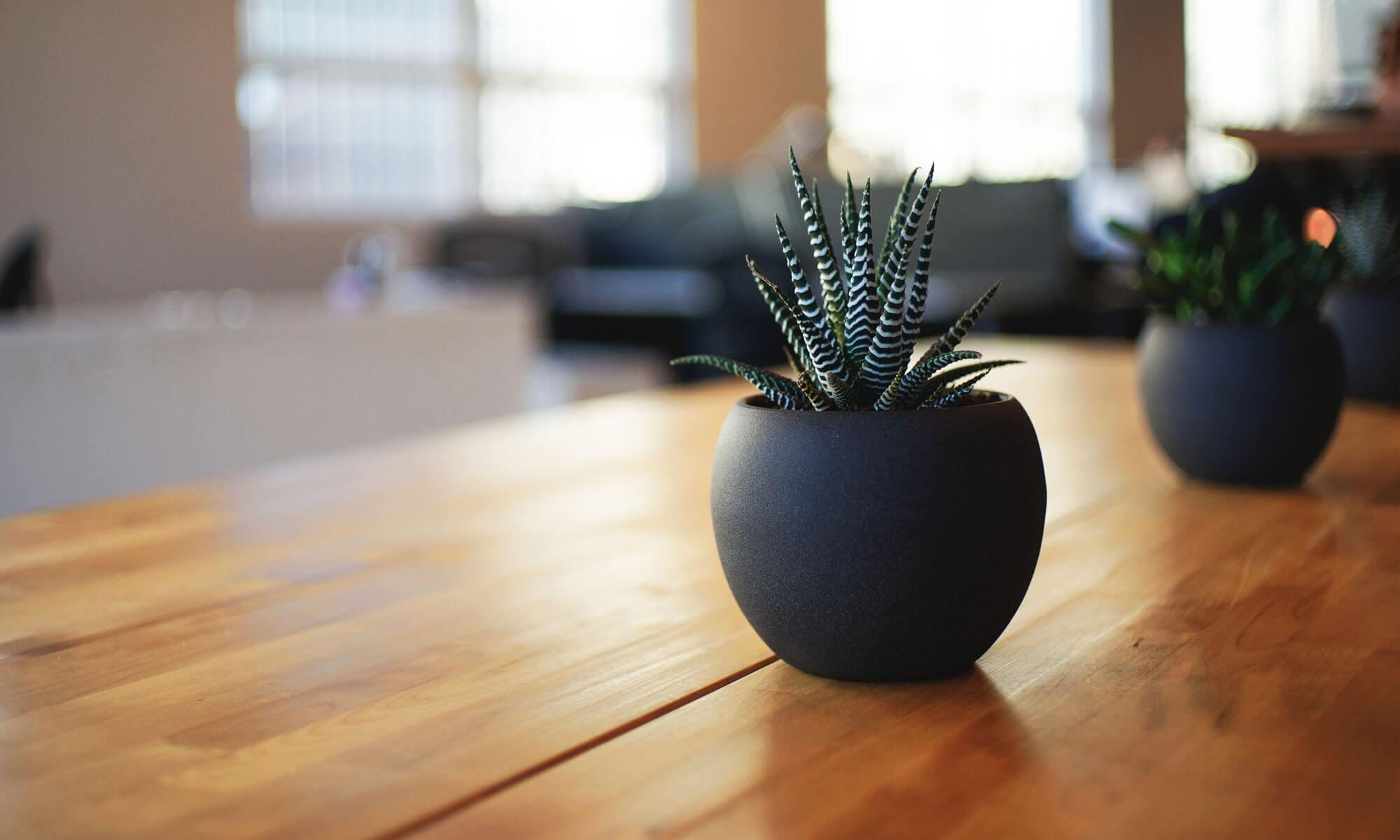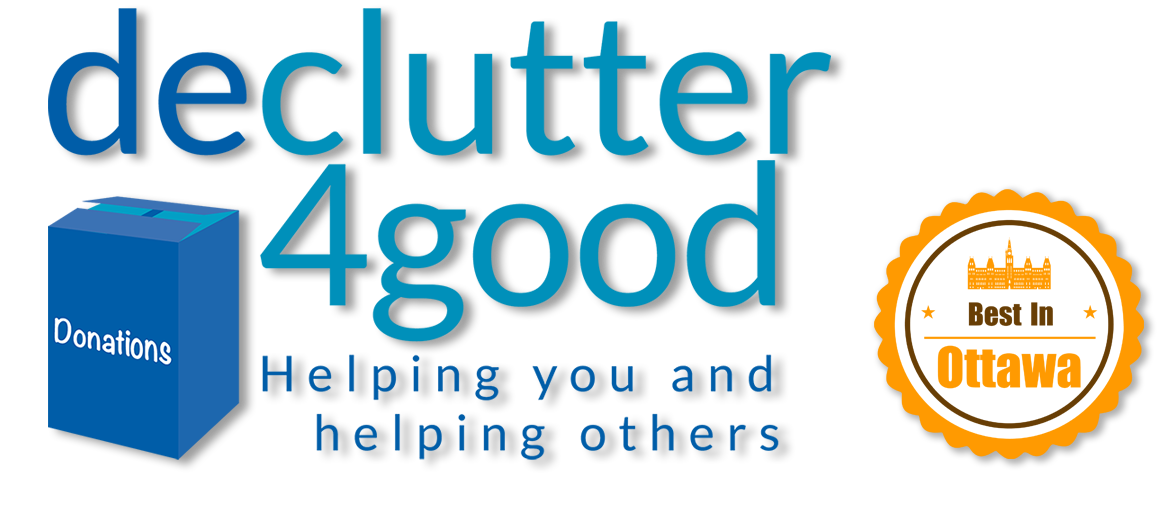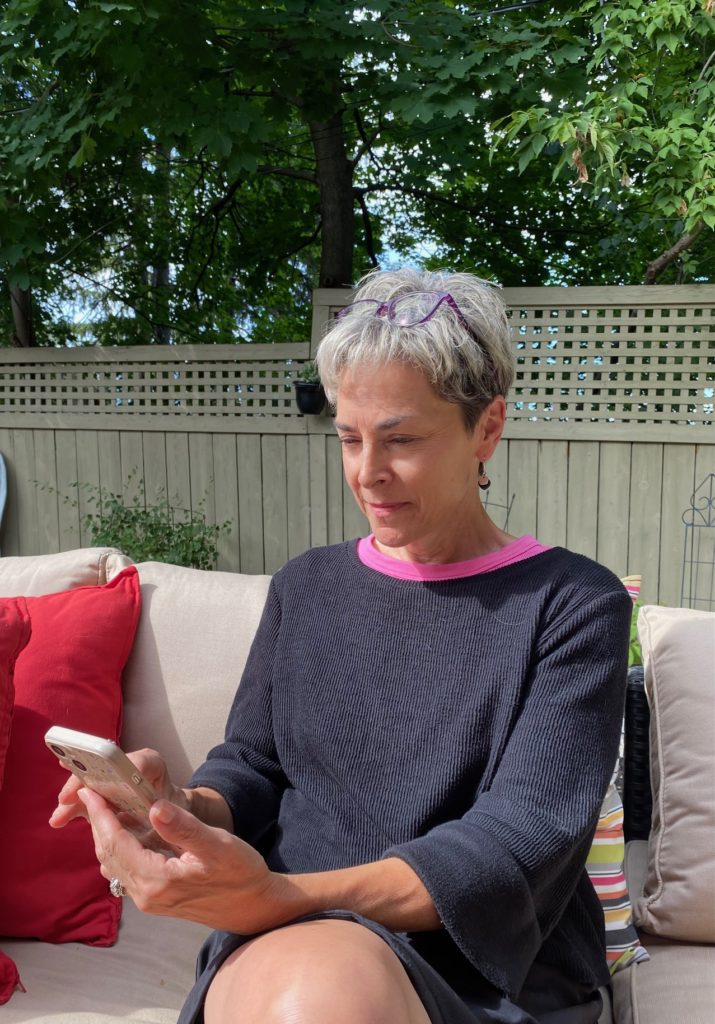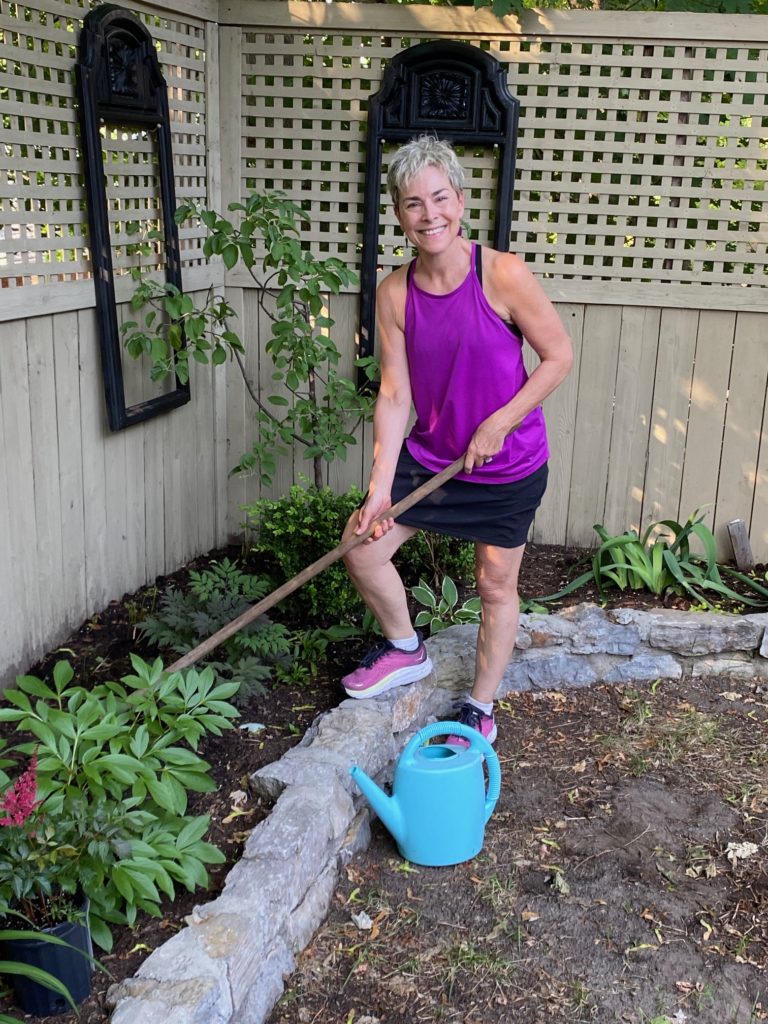Article written by Martha Tobin and featured in April edition of OSCAR newspaper
A gust of hope usually blows through as the longer daylight hours begin. It’s at this same time that many people have visions of their garages being well-organized, easily maintainable hubs for storing winter items away and resurrecting summer items.
A few things to keep in mind as you declutter and organize your garage:
- Frequency of use determines degree of accessibility – move summer items to the forefront of shelving (i.e sports items, gardening tools etc) and winter items to the back areas.
- For often-used items that you reach for from the home garage entrance, keep those close to that door for easy access.
- Store ‘like with like’ – as you gather your winter items put them all in the same area of your garage. Go a step further and sort into sub categories corralling similar items into clear bins (i.e. winter car accessories, winter washer fluid, road salt, etc).
- Declutter winter items – review these items as you gather them together and determine how often you’ve used them. Let go of those you no longer need and reclaim that garage space.
- Exchange winter decor/decorations for summer ones. For anything electrical, test the items to make sure they are in working order.
- Review hazardous waste and electrical items and declutter items that are no longer needed. City of Ottawa waste drop offs will start up again in April so have these items gathered together for easy transport.
- Declutter any construction/renovation materials that you no longer need. Check ReStore Ottawa to see their list of donatable items.
- As you organize your tools, consider donating any that you no longer need to the Ottawa Tool Library.
Your show-worthy garage will be even closer to realization by adding shelving. Many retailers sell easy-to-assemble, stand-alone shelving that can maximize your vertical space. Shelving will allow you to clear floor space so that you can not only park your car in the garage but also maintain this area more effectively and easily.
Spring is a great time of year to organize and declutter your garage, dust the cobwebs off your summer items and truly feel the warm air blow through.
